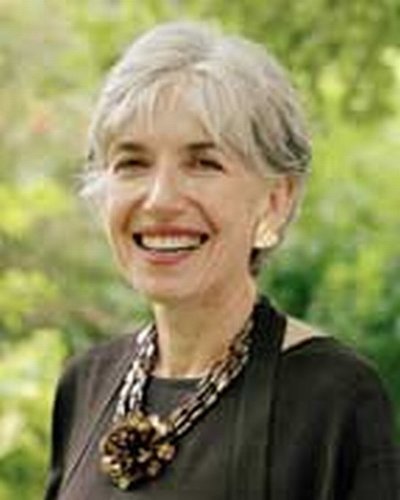January 8, 2009
Astronomy Department celebrates 2009 International Year of Astronomy
The UW Astronomy Department is making the universe “Yours to Discover” in 2009, thanks to its partnership in celebrating the International Year of Astronomy (IYA).
The International Astronomical Union and the United Nations Educational, Scientific and Cultural Organization created the IYA to commemorate the 400th anniversary of Galileo Galilei’s first astronomical observations through a telescope, and to encourage people all over the world to “rediscover their place in the Universe through the day- and night-time sky.”
In celebration of the IYA, the Astronomy Department has organized several astronomy events that are open to the public, including a free Jessie and John Danz lecture by award-winning science writer Dava Sobel. She will speak on Galileo and the International Year of Astronomy at 6:30 p.m. Tuesday, Jan. 13, in 130 Kane. No reservations or tickets are required.
Sobel is a former New York Times science reporter and the author of Longitude, Galileo’s Daughter and The Planets. Galileo’s Daughter was a finalist for the 2000 Pulitzer Prize in biography and won a 1999 Los Angeles Times Book Prize for science and technology.
The book, which is based on 124 surviving letters to Galileo from his eldest daughter, is a detailed account of how Galileo took the idea of a Dutch “spyglass,” refined and strengthened its magnifying power, and turned it skyward to make the first astronomical observations of the moon’s mountains, valleys and craters.
“By his turning the telescope into an instrument of astronomical discovery, Galileo changed the nature of that science from something purely descriptive in the distance to being able to learn about the physical makeup of other worlds,” Sobel said in a phone interview.
In doing so, Galileo also discovered Jupiter’s moons and the changes in phases of Venus — both pieces of evidence that disputed the widely accepted Ptolemaic and Aristotelian theories of an Earth-centered universe. Sobel’s book follows Galileo as he argued in favor of the Copernican, sun-centered theory of the universe, and was subsequently accused of heresy by the Catholic Church.
Sobel said her interest in Galileo started back in grade school, when she appreciated his personal struggles as much as his scientific success. “I just admired his pluck and was always interested in him and wanted to write about him,” she said. “It was the boldness of his discovery, the courage of his belief in his own work … He got even more appealing the more I learned about him.”
Julie Lutz, emeritus research professor of astronomy, said Sobel makes science clear and accessible to the general public through her engaging writing and speaking. “That’s one thing I think people like about her writing,” Lutz said. “It really is a blend of history and social commentary on the times — the political constraints that Galileo dealt with, the choices and judgments he had to make because of the times he lived in, and the realities of trying to support himself.”
Accessibility to science and astronomy is a common goal for both Sobel and the IYA. “I think it’s really a celebration for us today, for people who don’t think about looking up [at the sky] too much, and Galileo’s crucial discoveries are things that everyone could see,” Sobel said. “It would be wonderful if, during this year, people make those discoveries for themselves as a way of making their lives richer.”
During her stay in Seattle, Sobel will visit with students and faculty in earth and space sciences, Washington NASA Space Grant Consortium, engineering, communication and drama. She is currently writing a play about Copernicus on a fellowship from the John Simon Guggenheim Foundation.
The Astronomy Department is offering several other opportunities for the community to learn more about the sky and see the same things Galileo first observed 400 years ago.
Due to popular demand, the Astronomy Department Planetarium has added new, free shows to its winter schedule:
- Beyond Our Galaxy, 7 p.m. Wednesday, Jan. 21
- Wonders of the Winter Sky, 7 p.m. Wednesday, Feb. 4
- Mythologies, 7 p.m. Wednesday, Feb. 11
- Stars, 7 p.m. Wednesday, Feb. 18
- Our Moon, 7 p.m. Wednesday, Feb. 25
Click here for more information and to reserve tickets. The planetarium accepts reservations beginning two weeks before each show.
Aspiring astronomers can view the night sky and learn how to make a telescope like the one Galileo used at the Theodor Jacobson Observatory at 7 p.m. Wednesday, March 4. The observatory will also have an open house at 7 p.m. Wednesday, March 18. Both events are free and open to the public. Click here to learn more and make reservations.
For more information about UW’s celebration of the International Year of Astronomy, visit the UW IYA Web site. The site is constantly being updated with new events at the UW and around Washington State.



